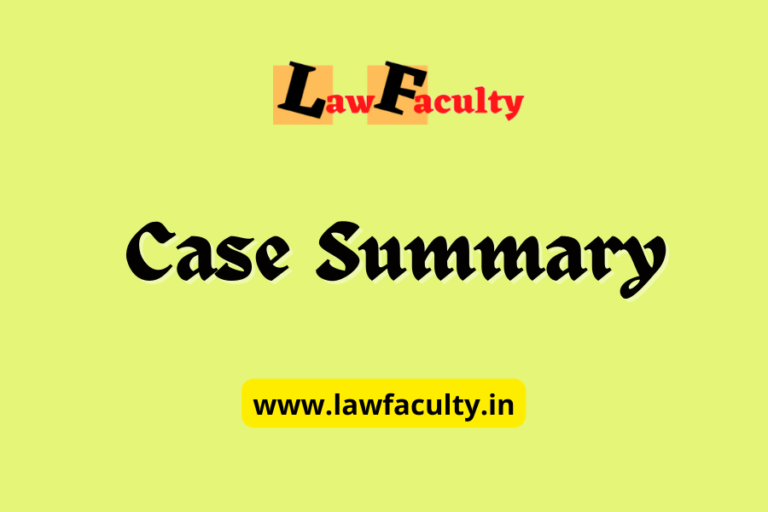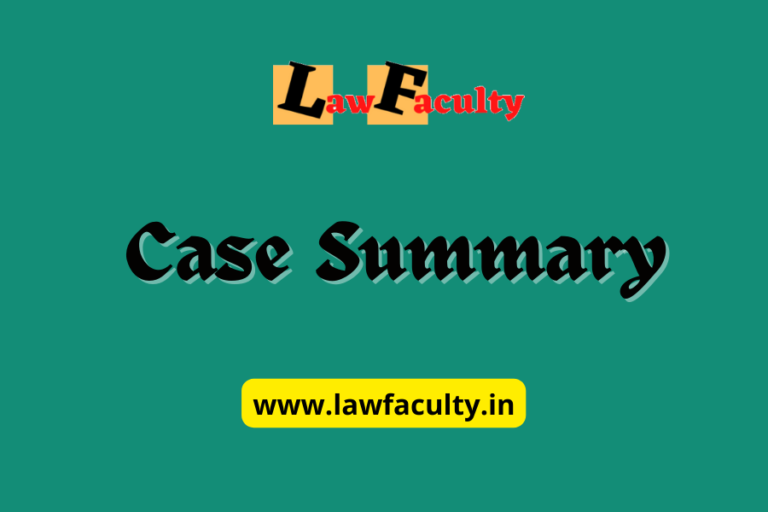Illinois ex rel. McCollum v. Board of Education, Champaign County, Illinois, 333 U.S. 203; 68 S. Ct. 461; 92 L. Ed. 648 (1948) Facts—Public schools in Champaign County, Illinois, allowed religious teachers to provide weekly in-house religious instruction. School authorities…












